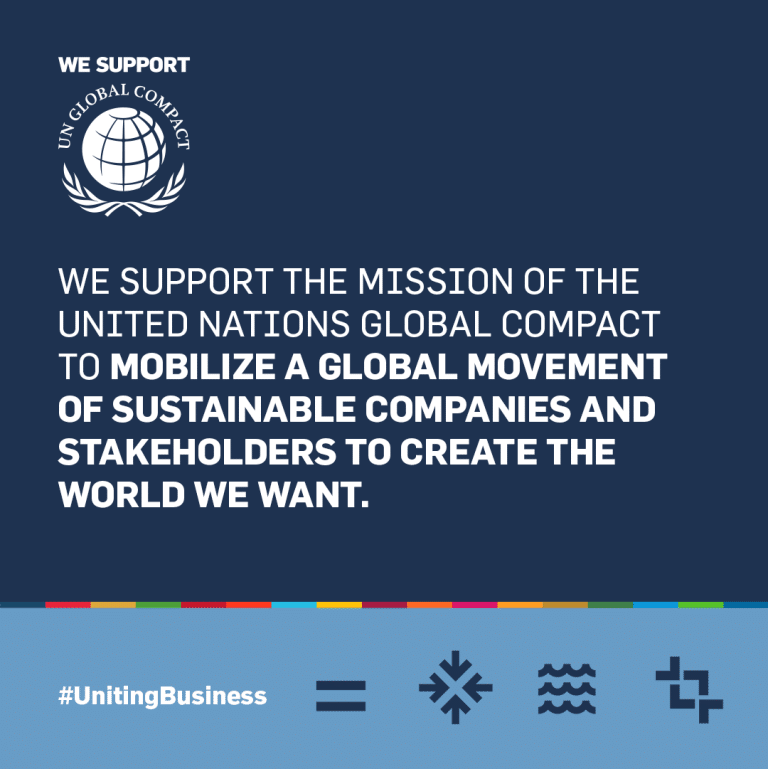If there has been one constant during the 250 years that Finlays has been in existence, it is the characteristic of our culture that probably best defines Finlays approach to business and is a major contributor to our long term sustainability as a company. This characteristic is high ethical standards. It is a consistent thread running through the fabric of all our operations and is a key reason why Finlays has endured for so long.
Our core belief in fair and ethical trading existed long before these concepts became familiar to industry and consumers and was behind our forging a relationship with the Ethical Trading Initiative (ETI).
The Ethical Trading Initiative is a leading alliance of companies, trade unions and NGOs that promotes respect for workers’ rights around the globe.
Like all corporate members of ETI, Finlays agreed to adopt the ETI Base Code, an internationally recognised set of labour standards, which is based on the standards of the International Labour Organisation and closely mirrors our own values. Membership is essentially a partnership to implement the key tenets of the Base Code in our supply chain. Amongst other things, it seeks to ensure that employment is freely chosen, freedom of association is respected, working conditions are safe and that no discrimination is practiced. Membership also requires a commitment to a living wage, the concept of which Finlays supports, and which, in partnership with Fairtrade, it has helped shape the debate through research involving Finlays Horticulture Kenya. Finlays Horticulture first joined the ETI some eleven years ago and from March this year, membership has been extended to the entire Finlays Group.
Finlays welcomes wider ETI membership because it formalises and gives structure to our varied activities which underpin ethical trading. These include an increased focus on gender empowerment in James Finlay Kenya and an ongoing initiative which looks at a broad spectrum of issues and challenges to operating ethically and seeks to manage these in a systematic way, managed by a newly created Welfare team.
There are mutual benefits from Finlays membership of ETI. Finlays is able to collaborate with some of the world’s leading players in ethical trade and increase the effectiveness of our ethical trading strategies. We can call on ETI’s experience, support and resources and engage in constructive dialogue on a range of ethical trading issues. By our membership of the ETI we are also able to demonstrate to retailers and customers our commitment to ensuring that our employees are able to benefit from continued improvements to their working conditions. For their part, ETI gain from having a long established, respected name like Finlays endorse ETI membership and can call on our depth of experience in tea and horticulture production.
Finlays has committed to a three year ETI strategy on labour standards which will require us to demonstrate tangible progress, in further improving working conditions in areas such as living wage and gender empowerment.
Ultimately, sustainability in its broadest sense means being in business for the long term. Finlays commitment to sound ethics has created a solid bedrock for this and our ETI membership reflects and formalises that commitment.





